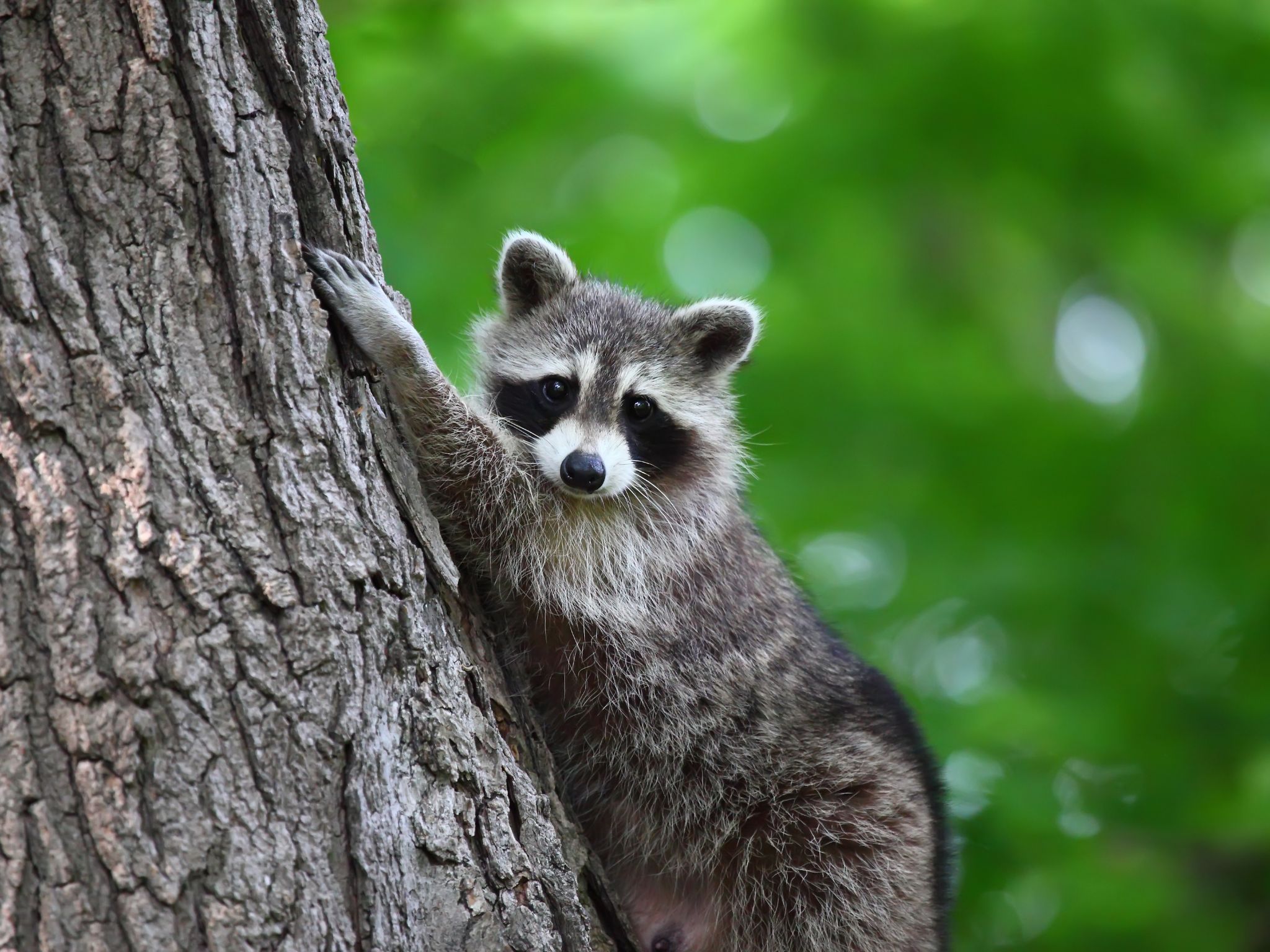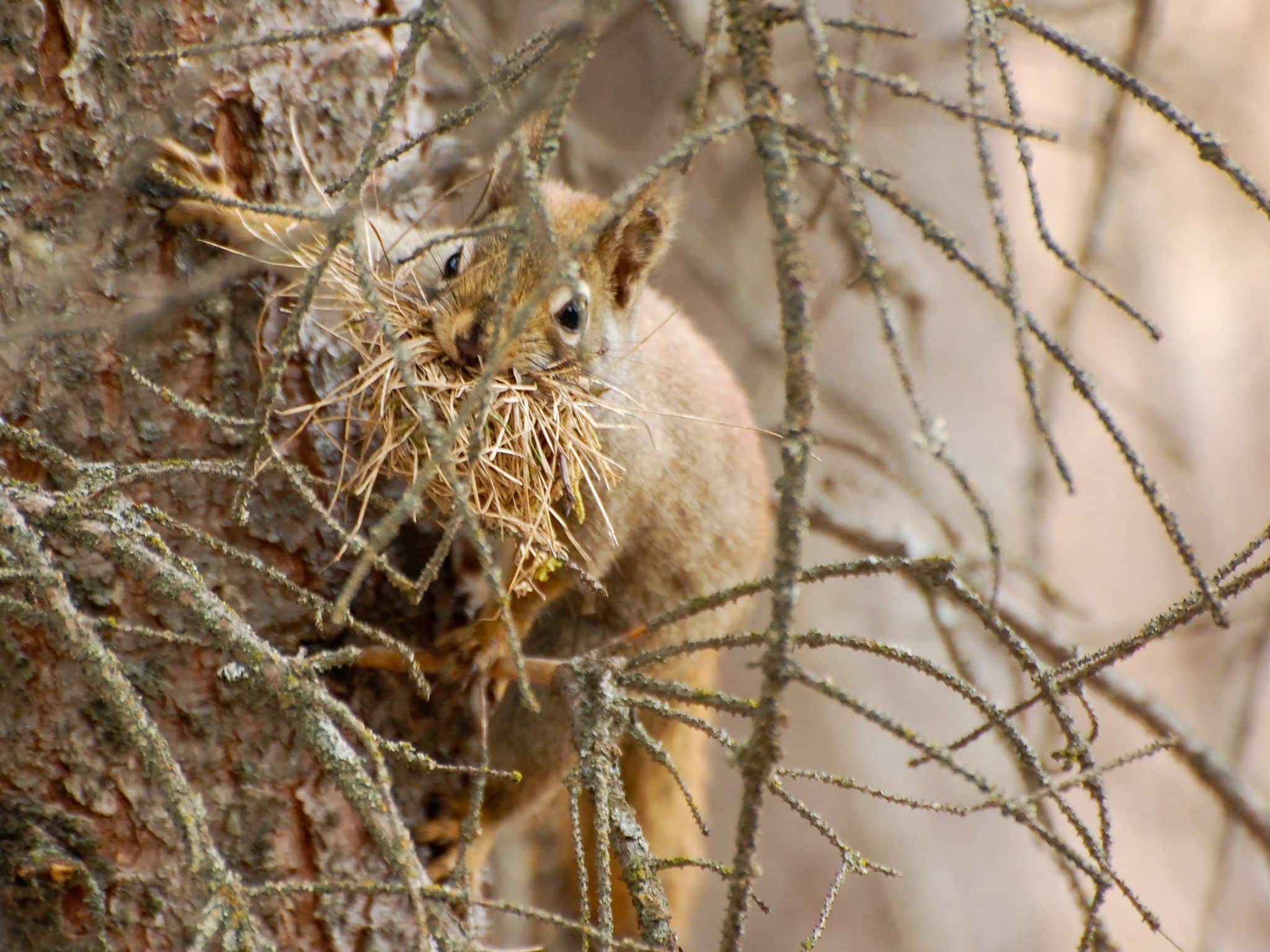Wildlife Removal in Tennessee: Challenges and Solutions
There are many advantages to living in or visiting the state of Tennessee. From its warm climate to its southern hospitality, there is much to be proud of. Least of all, the beautiful nature and wildlife that the state has to offer.
The Great Smoky Mountains National Park is a prime example of the beauty that Tennessee has on display. And with this beautiful land comes an abundance of wildlife animals in Tennessee. While running into a black bear is not on everyone’s list, spotting a white-tailed deer might be.
But there is a flipside to Tennessee wildlife in that it can be a nuisance if it gets into your home or property. If you are a resident of Tennessee, then you might have spotted a critter in your attic or crawl space before. It’s not uncommon. However, it is important that nuisance wildlife is removed, and removed properly.
Removing wildlife from your home is not a cut-and-dry process. Every situation is unique and requires different considerations.
An Abundance of Tennessee Wildlife
Wildlife animals in Tennessee are not in short supply and some, more than others, tend to be uninvited guests in or on your property. This doesn’t mean they have broken into your home. An uninvited guest might be eating your crops or ruining your yard.
There are kinds of reasons why you might be in need of wildlife removal in Tennessee. And it is not the case that only dangerous Tennessee wildlife calls for removal. Plenty of animals might seem harmless to your home, such as a squirrel, but they can still cause damage.
And if this damage goes unchecked, it can lead to more damage. Or larger problems altogether.

Considerations of Tennessee Wildlife Removal
One example of a common wildlife animal in Tennessee is the raccoon. In fact, the raccoon is the official wild animal of Tennessee. With so much wildlife in the state, that is really saying something.
If a raccoon gets into your home, it can cause significant damage. For example, raccoons chew through wiring, damage timber with teeth or claws, or mess up air vents. And if one raccoon was able to get in, it is likely that others can as well.
Part of the Tennessee wildlife removal process isn’t just removing the animal, but taking preventive steps. This includes sanitizing the area, repairing damage, and making sure it doesn’t happen again.
However, the process of wildlife removal in Tennessee is not the same across the board. Different animals require different removal tactics.
For instance, bat removal is a particular process that requires special handling. The process of removing a bat from your home is different from removing another rodent. This is partially because each species has its own habits, and also because of the legal status of such creatures.
Bats are a federally protected species and therefore must be removed within strict guidelines. It is not uncommon for bats to find their way to your attic in Tennessee. And this removal process should be done correctly by professionals.
Don’t Hesitate
From mice to squirrels to bats to skunks to snakes, there is no reason to hesitate. If you have a critter or rodent making a home on your property, call the professionals. Our experience has demonstrated that each job is unique, and this is true of both the animal and the home.
Alpha Wildlife is a veteran-owned and operated wildlife removal and prevention company. All Alpha Wildlife Technicians are nationally certified and trained in all things wildlife exclusion and removal service! We have the highest standards in the industry and look forward to serving the residents in the area.
Call us today for a free assessment, and learn more about our wildlife control and removal services.
Latest Resources

Does Mint Repel Raccoons?
If you’ve ever had a raccoon rummaging through your trash or making a home in your…

Cost to Remove a Raccoon from Your Attic?
Raccoons are cute, but when they invade your attic, they can cause serious damage. If you’ve…

Should I Remove a Squirrel Nest from a Tree?
Squirrels are a common sight in neighborhoods, parks, and backyards. While they’re generally harmless, you may…
